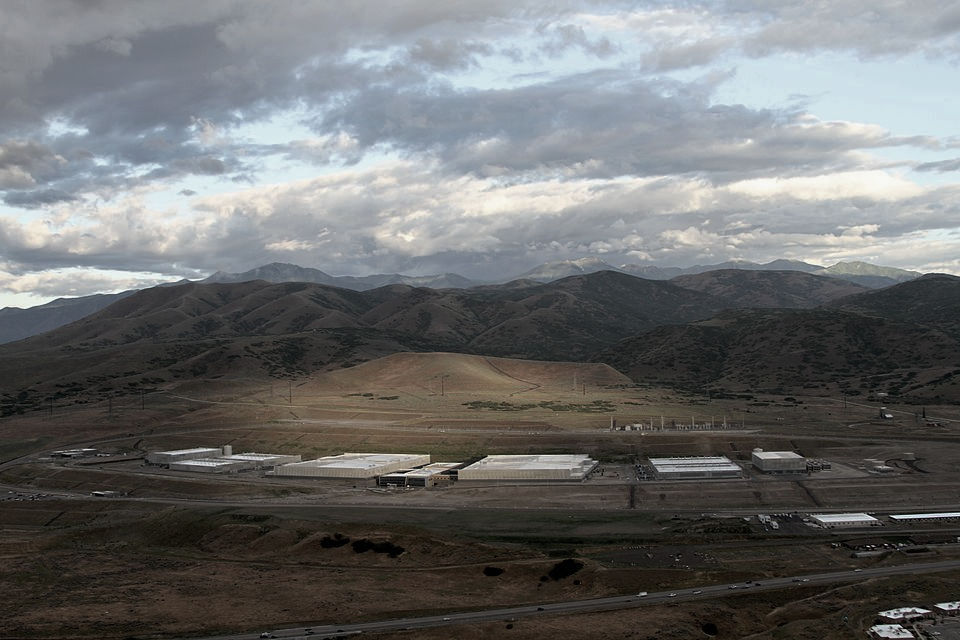The Cycle that Cried Wolf: the continuing case for investment in real estate?
- Tascott

- Jun 20, 2019
- 4 min read
The phrase 'late stage of the cycle' has been very audible, implied as it has been from historically sharp yields and the specter of rising interest rates, for the past three to four years, but, as with the cry in the title, many have chosen to ignore these portents - seemingly quite rightly. The question remains however, is when will the wolf make its appearance?
Could real estate cycles be a fairy-tale? Real estate academics say no but whilst there appears to be a general consensus that the concept of property cycles are 'firmly rooted in [..] real estate', a common definition, given the variety and length of cycles, is difficult to advance.
The most simplified, elegant description, which encompasses the heterogeneous drivers of cycles, is offered by leading real estate academic Prof. Andrew Baum from Oxford University's Said Business School;

'The property cycle means the tendency for property demand, supply, prices and returns to fluctuate around their long term trends or averages.'
Real estate cycles however, can only be observed over long time series of data and as such, given the many factors at play over these extended periods, there remains considerable debate when seeking to ascribe causality to any given cycle. Factors can include: development activity (post-earthquake office development in Christchurch is a good NZ example); political changes; technological advances; war; sentiment; the presence or absence of market-makers (large institution capital providers); and perhaps importantly the availability of credit (debt/equity) given the 'coincidence' attributed to cycles in the availability of bank lending and property markets - causality in this case, it is argued, runs both ways.
Time will tell when the current cycle ends, but wherever you sit on the current stage of that cycle there are arguably a number of factors, from a capital flow and demand perspective, which support the case for continued investment in commercial real estate - in New Zealand just as much as elsewhere in the world. Examples include:
Uncertainty in global politics and, by corollary, in financial markets; in times of uncertainty capital allocations to CRE tend to increase, both as a safe haven strategy and to mitigate against inferior market returns delivered by the underlying low interest rate environment which characterise economies at these times.
How long might the Trump presidency drive uncertainty in global financial markets? Arguably at least until 2020, and more likely beyond regardless of whether he is in or out of the Oval Office as the partisan fall-out continues. Throw in Brexit, wider political changes in Europe and, not forgetting, the very large issue of climate change it's easy to see how uncertainty across the globe will prevail for some years to come. New Zealand cannot and does not operate in isolation to these markets.
Structural shifts in global economies, workforce, demographics, regulatory environments, financial systems and its markets; fundamentally the providers of institutional capital - pension funds, insurance companies and the like - are required to manage assets to meet their future liabilities. As those liabilities change, as is currently happening for example with the ageing population, so too must investment strategies.
CRE as an asset class now considered less "alternative": in responding to the first two points, and the resulting increasing allocations to real estate, there seems to be a marked rise to the number of global CRE money managers. They range from the established adviser managers such as LaSalle Investment Management and CBRE Global Investors, who are expanding their reach every year, to the largest funds in the world such as Blackstone, who just last year acquired a $635m Auckland office portfolio (a small deal for them when measured against their recent completion of the largest private real estate deal in history at >$18bn).
In between there are a multitude of fund managers, with mandates across debt and equity, whose stated intentions are to increase allocations to CRE, not forgetting the mountains of dry powder already out there. This new generation of institutional money managers and portfolio allocation strategists, now more comfortable with investing in CRE, are increasingly investing on a global scale in inter-connected markets. They are able to operate from relatively remote financial jurisdictions and, buoyed as they are by new technologies, processes, platforms and data, are better equipped than ever before to operate across regions.
However, this wall of capital which continues to search for yield may come with consequences and has some observers worried about a bubble - too much liquidity chasing the same assets in the same markets has led some to wonder when a correction might occur? Or has the insitutionalisation of real estate markets, together with more conservative and diverse leverage, added to market stability to such an extent that a sharp correction is now much less likely? It's "different this time" is a dangerous phrase to have sitting in one's rationale!
It is also worthwhile noting that institutional allocations to real estate, in the UK as an example, have previously been as high as ~20% or more of total portfolio construction, compared to the ~10-12% currently allocated to real estate, so there could be some way to go from an historical perspective.
PropTech - an outlier at present but nevertheless, as a contributor to demand, it's one to keep in mind. "Democratising access" is the watch-phrase - access to, and concentration of investment in real estate is now working both ways. Retail investors, through new platforms such as the much vaunted Cadre in the US, IPSX in the UK and many other similar proptech platforms across developed markets, are being offered access to institutional-grade commercial real estate. Whereas larger investors are, through their own platforms or otherwise, institutionalising the private rented sector (PRS) which historically has been the playground of smaller retail investors.
Does investment in CRE continue to make sense? The basic underlying reasons for long term investment in real estate appears to remain;
- Opportunity for income and income growth;
- Capital Appreciation
- Defensive investment / inflation hedge
- Diversification
- Easily understood
However, market conditions and the uncertain times outlined herein demand caution and as such consideration of the more general 'property investment fundamentals' should be utmost in the mind of investors to ensure protection to downside risk. A limited list of these and other considerations might be: initial and equivalent yields; market segmentation; location, strong WALE and tenant covenant; risks inherent in market based sales, vendor rationale and in some cases the experience and rationale of the promoter team especially where more 'difficult' assets are being offered.



Comments